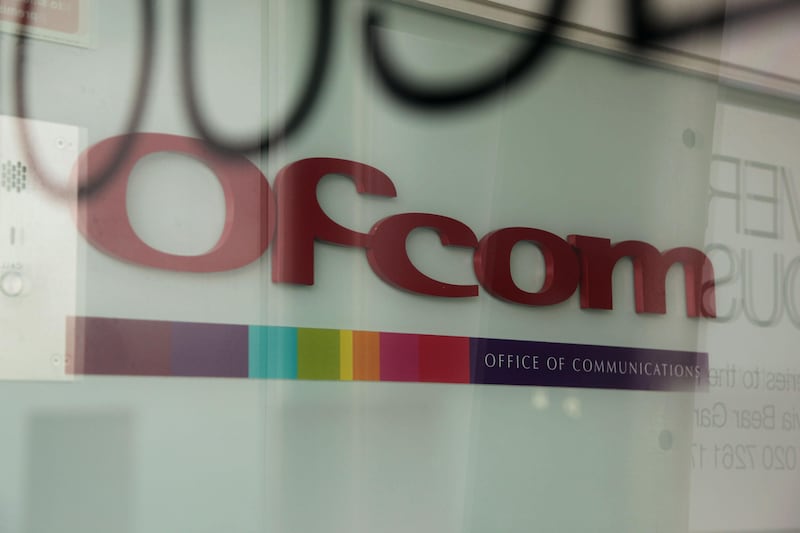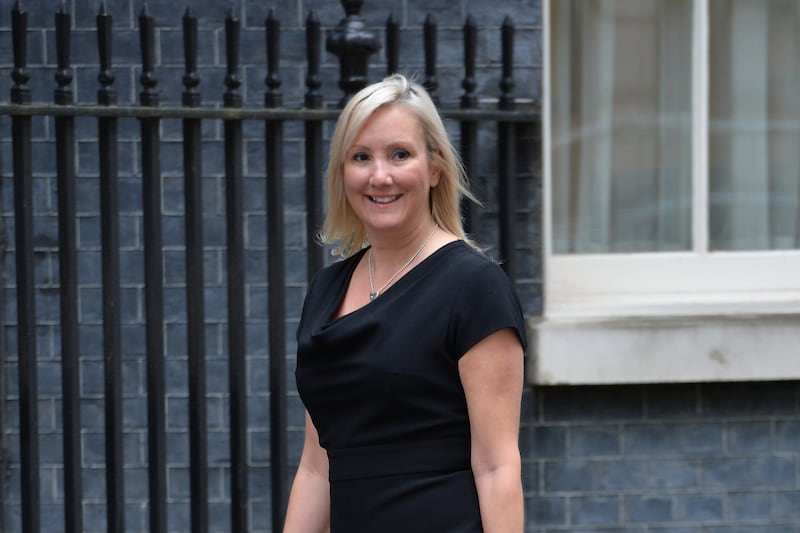READERS will already know there are big changes taking place in the media world because we are all playing our part through the different ways we are now watching TV.
Our changing viewing habits is the key theme to come out of Ofcom’s recently published Media Nations report, which looks at trends in the television and radio sectors.
The report highlights a competitive shift within the UK television industry, driven by the rise of the major global internet companies and the changing habits and preferences of UK audiences.
More than half of adults (55 per cent) in Northern Ireland now use on-demand / streaming TV services. Among these, Netflix is the most popular (29 per cent), followed by the BBC iPlayer (22 per cent) and YouTube (14 per cent).
At the same time there has been a fall in traditional TV viewing. While people in Northern Ireland still spent an average of 3 hours and 18 minutes a day watching television in 2017, this was 17 minutes less than in 2016. Since 2010, the average amount of daily TV viewing has decreased by over 20 per cent.
Traditional TV watching still commands the lion’s share of media watching but there are big generational differences.
Younger people watch less than a quarter of the traditional TV that older viewers do and are turning instead to on-demand / streaming services. Children watched 1 hour 25 minutes of TV a day in 2017 compare to 5 hours and 24 minutes for the over-55s.
Across the UK, younger viewers (aged 16-34) watched less broadcast content than non-broadcast content, such as YouTube, Netflix and Amazon Prime Video.
This change in media watching habits has been made easier by increased availability and take-up of faster broadband services and connected devices.
Four-in-five households in Northern Ireland now have a fixed internet connection. More than two in five (43 per cent) now have a smart TV, compared to 6 per cent in 2013. Most of these (71 per cent) were connected to the internet. Some 80% of people now own a smartphone, compared to just 45 per cent in 2013.
With more choice for viewers than ever before, UK broadcasters are competing for viewers in an increasingly fragmented landscape.
The challenge, posed by both online competitors and the changing way people are watching television, is to ensure they continue to make great programmes to appeal to viewers in Northern Ireland in the digital age.
The Northern Ireland Media Nations report highlights that local news and content on TV and radio continues to be popular with viewers and listeners. TV especially plays a hugely important role in people’s lives when it comes to keeping up with the news.
The second and third most watched TV programmes in Northern Ireland last year were BBC One’s Newsline and UTV’s UTV Live on 16 October, as viewers looked for the latest updates on Hurricane Ophelia. Across the year, UTV Live’s market share was nearly twice the Channel 3 average for similar programmes broadcast in other regions.
And local radio stations, commercial and BBC Radio Ulster/Foyle, are far more popular in Northern Ireland than their peers in other parts of the UK, accounting for more than 60 per cent of listening share. This is considerably higher than in Scotland (43%) and Wales (29%), underlining the popularity of familiar voices and local news to listeners in Northern Ireland.
The media industry is never dull but the impact of global players, new ways of watching and the impact these are having on the sector across the UK and in Northern Ireland has never been more topical. If you want to find out more, check out Ofcom’s UK and Northern Ireland Media Nations reports at www.ofcom.org.uk.
:: James Stinson is regulatory affairs manager at Ofcom Northern Ireland








